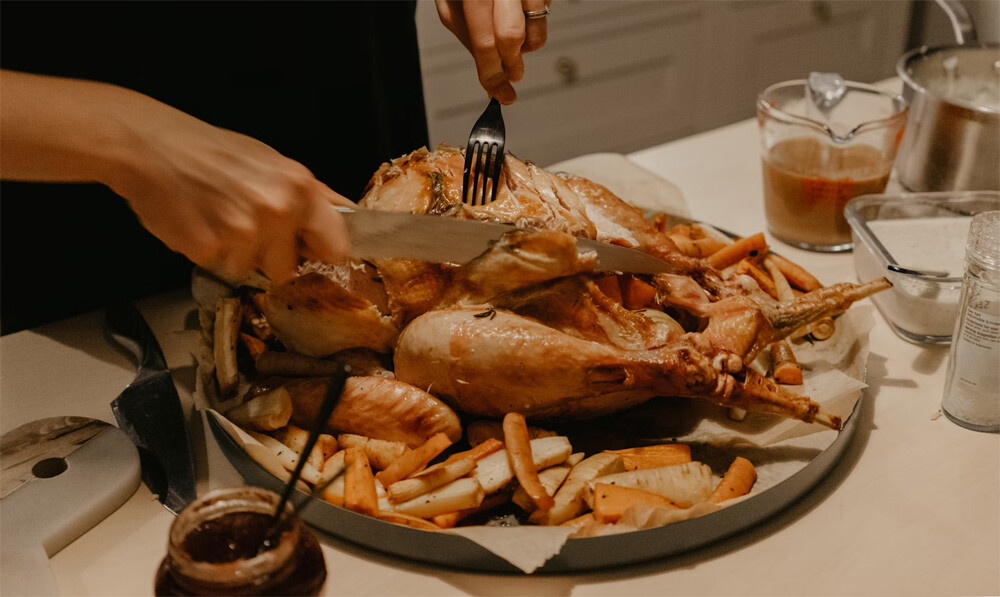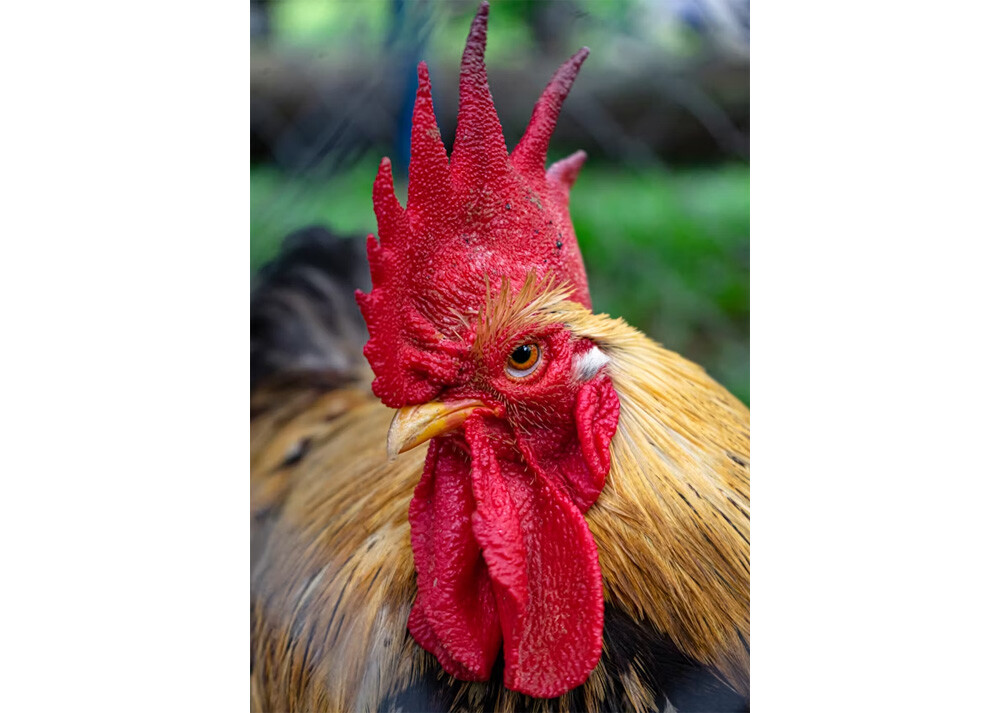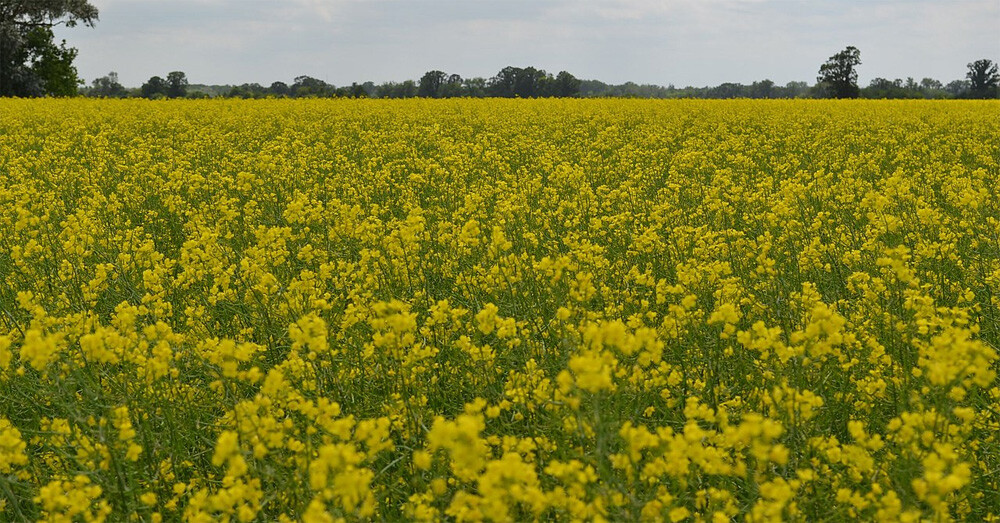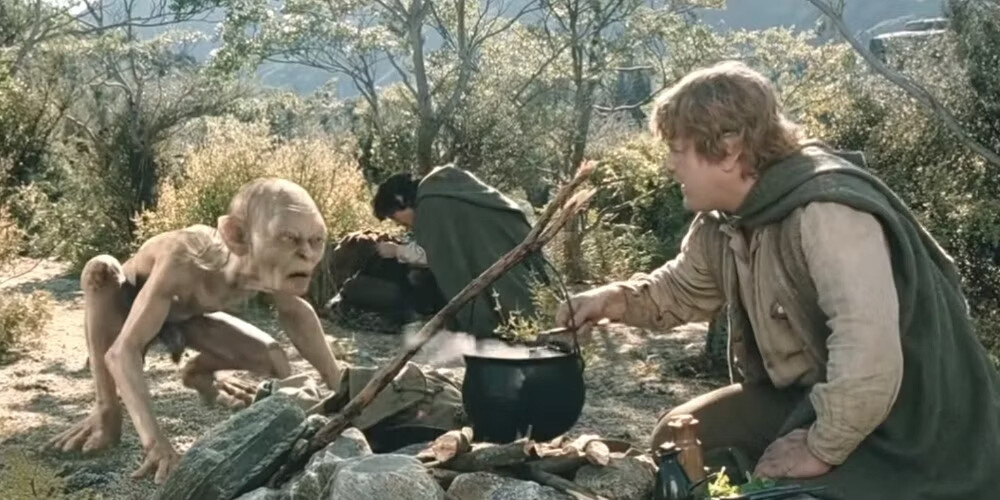5 Words We Only Use Because the Old Ones Were Too Dirty

A friend is getting married, and you open up their gift registry. You see a “Dutch oven” listed there, and you suppress a giggle. How could they request that item with a straight face? Don’t they know “Dutch oven” is slang for holding someone’s head under the covers and forcing them to smell a fart?
Later, at the ceremony, you deliver the toast, and you mention your Dutch oven observation. This angers and confuses people, who have no idea what you’re talking about. You are expelled from the venue. But the fact remains: Sometimes, words attain dirty meanings separate from their intended definition. Often, the wisest option is to sub in a new word altogether, such as...
5Light Meat and Dark Meat
Light meat and dark meat are two different kinds of flesh on a bird. Confusingly, these names have nothing at all to do with white meat and red meat — all poultry is white meat, but some is light while some is dark. Dark meat is fattier than light meat and arguably tastier. The difference comes from the type of muscle tissue. Dark meat is slow-twitch muscle, built for sustained motion, while light meat is fast-twitch muscle, built for quick explosive work.

That sustained motion is done by the bird’s legs, which walk, while the explosive work is done by the breasts, which power the wings for flight. So, dark meat is thighs, while light meat is breasts. Well, damn then, we could have avoided all that complicated explanation if we just said “legs and breasts” instead of light meat and dark meat.
People used to do just that. Then, in the 19th century, they adopted “light meat” and “dark meat” as euphemisms because legs (or, worse, thighs) and breasts sounded far too sexual for polite company. Even today, you’ll surely hear jokes now and then when someone ordering chicken says they want a couple big breasts. But today, “light meat” and “dark meat” also sound sexual, so let’s just say whatever’s easiest.
4Rooster
If we’re talking chicken double entendres, we of course need to talk about cocks. The cock is the male chicken, otherwise known as a rooster. “Cock” is also a word for a penis. Of all animals to lend their name to the penis, a cock is an ironic choice, since he has no penis of his own. That slang term probably began because a chicken farm uses a cock to fertilize the hens.

The Oxford English Dictionary noted the slang usage of cock as early as 1891, calling it “the current name” for penis “among the people, but pudoris causa not admissible in polite speech or literature.” Pudoris causa may look like yet another term for “penis,” but it’s a Latin phrase meaning “for modesty’s sake.” Oxford could take it for granted that people looking up “cock” in the dictionary knew fluent Latin.
That same dictionary said that calling a bird a cockerel was by that point “archaic.” Puritans had switched to “rooster,” to avoid having to call it “cock.” A rooster was a suitable word for a roosting bird, and post-swap, it was a relief to no longer be woken up by a cock every morning.
3Missus
The title in front of your name may reveal your gender, marital status, profession or level of nobility. The most common one for men is Mr., while women have Mrs., Miss and Ms. “Mr.” is short for mister. “Miss” isn’t short for anything. “Ms.” is pronounced miz but doesn’t represent any word other than “Ms.” itself. As for “Mrs.,” that’s pronounced missus of course.
That’s kind of weird. Why would you spell or abbreviate missus as “Mrs.”? There’s no r in missus. Did people perhaps start with the male “Mr.” and simply stick an s on the end? Does that s stand for “sister”? Is the word actually mirssus, but British people don’t pronounce the r, and so we all followed their example and soon forgot the r ever existed?

“Mrs.” originally stood for mistress, which was the female counterpart to mister. It’s also the female counterpart to master, which is why you’ll call a senior wizard either a master of the dark arts and or a mistress of the dark arts. But as people increasingly used mistress to mean “extramarital partner,” it ceased to be an appropriate word for a married woman, so we switched to pronouncing that title as missus.
Titles also show how words can become less dirty over time. Originally, most single women were not called “Miss” — all adult women used Mrs., whether they were married or not. You’d only call a woman “Miss” if she were a sex worker.
2Canola Oil
A lot of our vegetable oil comes from a plant named Brassica napus. The common name for this plant is rapeseed, with the “rape” part deriving from Latin word for turnip. For years, rapeseed oil was used for engine grease or fuel, but then scientists tinkered with it and created an especially edible version: low-erucic acid rapeseed oil. It would be great for cooking — “like olive oil, only cheaper,” said marketers — if people would willingly buy a product called “low-erucic acid rapeseed oil,” which they wouldn’t.
Clearly, the product needed a new name. At the end of the 1980s, it became canola oil. The can represents Canada, a land that’s full of rape.

That might sound crass and forced, us calling Canada full of rape, but some parts of Canada used to be quite proud of that status. The town of Tisdale in Saskatchewan, which grows a lot of Brassica napus, adopted the motto “the land of rape and honey” in 1958. They kept it for almost 60 years before changing it to “opportunity grows here” in August 2016.
1Rabbit
Rabbits used to be called “coneys.” You’ll know that if you’re a fan of Lord of the Rings, in which Sam assures us that cooking a rabbit in a stew is the “one way to eat a brace of coneys.” He pronounces the word “cone-y,” the same way we pronounce Coney Island today, but originally, this word was pronounced “cunny.”
In the 16th century, “coney” became a pet name for women. Meanwhile, people already had the Latin word cunnus for “vulva,” which also gave rise to such words as cunnilingus and cunt. Coney and cunny therefore quite naturally became new ways to say cunnus. From that point, you’d be wiser to call the animal a rabbit, unless you were purposely setting up some sex joke.
A couple different Shakespeare comedies, for example, have characters talk about “cony-catching,” which was slang for trickery and also a trademark Shakespeare sex pun. Then, in As You Like It, one character calls herself as native “as the cony that you see dwell where she is kindled.” Bowdlerized versions of this play changed the word to “rabbit.”

New Line Cinema
Coney Island may have been named for the rabbits that lived there, though we don’t know for sure. Now that you know the word’s other meaning, consider the thrills to be had on Coney Island’s roller coasters. Or, depending on your mood, salivate at the thought of a Coney Island hot dog.
Follow Ryan Menezes on Twitter for more stuff no one should see.





